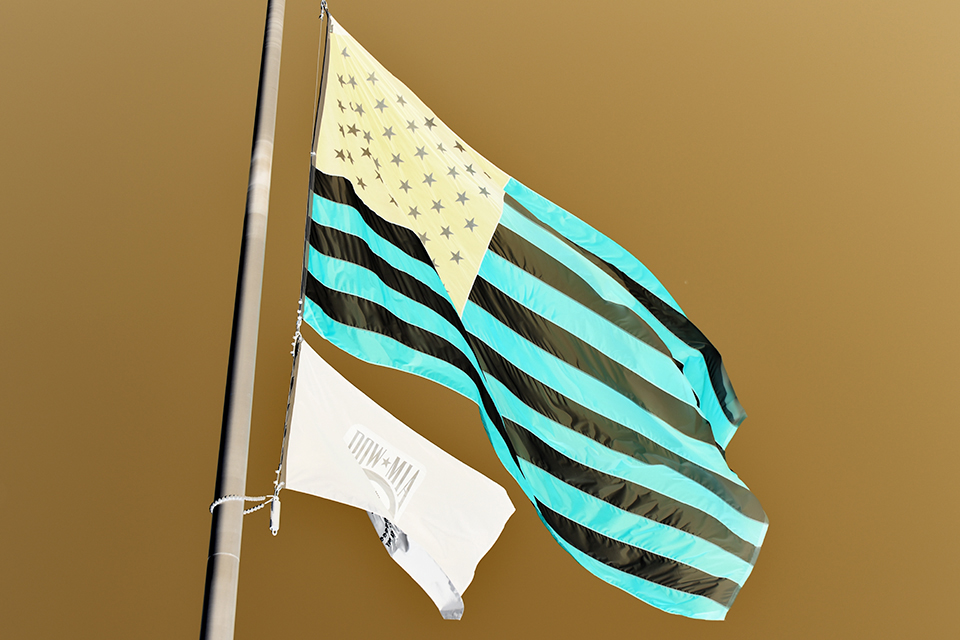Disclaimer: This piece was written in response to “Why Christians should stand for the flag,” published Oct. 5.
In the third grade, Cornel West beat up his teacher. She had slapped him in an attempt to force him to salute the flag. When asked why he reacted so strongly, West explained his complicated relationship with the symbol.
a deepened spiritual attunement
“I had a great uncle who was lynched, and they wrapped his body with the U.S. flag as he hung from the tree in Jim Crow Texas. It was in my mind at eight years old, so I refused to salute the flag,” West said in an interview with BigThink last year.
Americans have radically dissimilar experiences of American symbolism—to suggest otherwise is to ignore large swathes of our shared history. It should seem natural that a young West would adamantly refuse to pledge his allegiance to the flag that had enslaved and murdered members of his own family. The movement towards understanding that pain, however, is a difficult one to consistently perform. It hurts to be made aware of the pain of another, and even more to be made somewhat responsible for that pain. As such, there does not seem to be a lot of incentive for those inhabiting the majority culture to carefully listen to the perspective of someone like West. That said, I believe it a worthwhile endeavour: there are spiritual and political goods fostered by black protest movements, and hard work can be done to receive those goods.
As Christians, to enter more empathetically into the black experience would be to gain the particular spiritual insight cultivated by the black church—a church that exists most essentially as a prophetic synthesis of suffering and hope in response to the institution of slavery. Black theology refuses to ignore the social despair of our modern era, while also refusing to place its entire hope in an earthly political paradise. With this instruction, Christians are empowered to be not only the body of Christ as it is risen from the grave, but also the body as it is nailed to the tree. Christian life affords a kind of theological imagination by which we can enter into the suffering of others through our understanding of Christ crucified. At the same time, we are able to use our relationship with modern victims of social and physical violence to approach the torture of the cross with a deepened understanding of affliction. This spiritual attunement helps us hear Eric Garner gasp “I can’t breathe!” and thereby enter the suffering body of Christ.
Establishing ‘A more Perfect union’
For Americans, to accept and affirm the revolutionary nature carried on by black protest movements would be of immense political value. In current conversations surrounding the NFL protests, belief in American exceptionalism serves to silence and halt reform. This stops us from forging ahead to create and establish “a more perfect union.” To much of black America, the ideas contained within America’s founding documents have always been received as promises rather than descriptors. With this conception in mind, black protest movements can be understood as torchbearers of that same spirit which founded our nation—one of radical revolution and change. This account of patriotism is far more concerned with the institutions and systems that form the United States rather than the symbols that represent them.
“Love is a form of death, and you have to learn how to die in order to learn how to love. That’s why the New Testament says that Christians have to die daily,” West said to Biola students at a Center of Christian Thought conference a few years ago.
Here he pits the arduous task of love against pleasure-seeking proclivities that exist in American life. To love like this today might look like abandoning the familiar comfortability of flag and anthem in order to begin the hard work of understanding an experience that is wholly “other” than our own.







